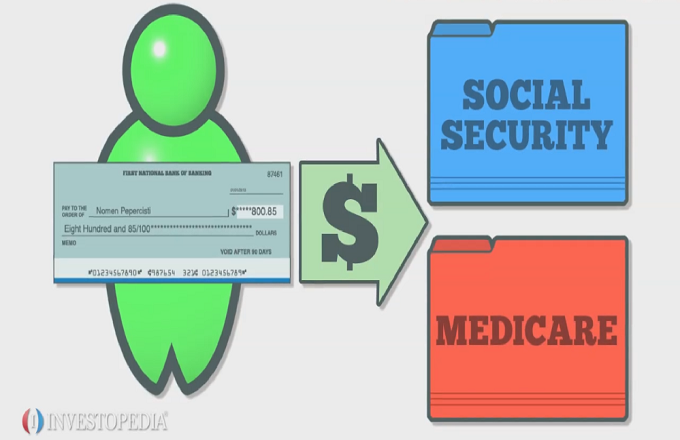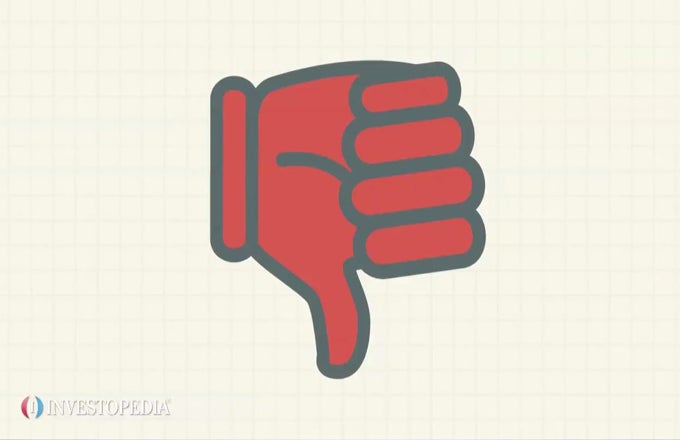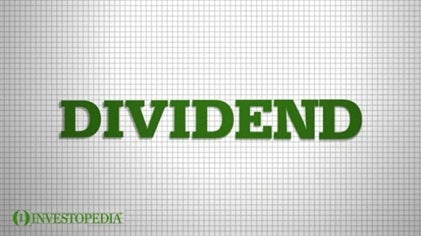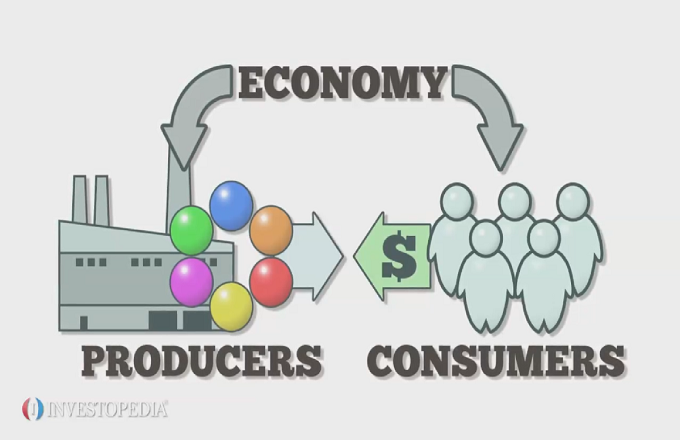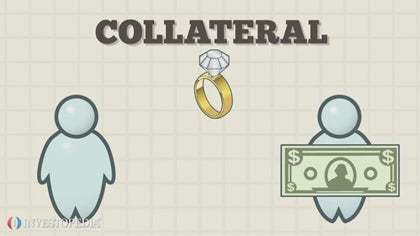A commodity is a basic good used in commerce that is interchangeable with other commodities of the same type. Commonly traded commodities include gold, beef, oil, lumber and natural gas. Additional examples of commodities include iron ore, crude oil, salt, sugar, tea, coffee beans, copper, rice, wheat, silver, and platinum. Commodities are basic because they have simply been grown or extracted from their natural state and brought up to a minimum grade for sale in a marketplace - there is no extra value added to them by the producer. Although the quality may differ slightly between producers, commodities by definition are very similar no matter who produces them. All commodities of the same grade are priced equally, and are interchangeable. The most widely traded commodities have well established markets. Investors buy and sell commodities through futures contracts on exchanges. The exchanges standardize the quantity and minimum quality of the commodity. For example, the Chicago Board of Trade stipulates that one wheat contract is comprised of 5,000 bushels. It also states what grades of wheat can be used to satisfy the contract. All wheat that meets that grade, no matter where it was grown, and despite slight variations in quality, will be sold for the same price.
